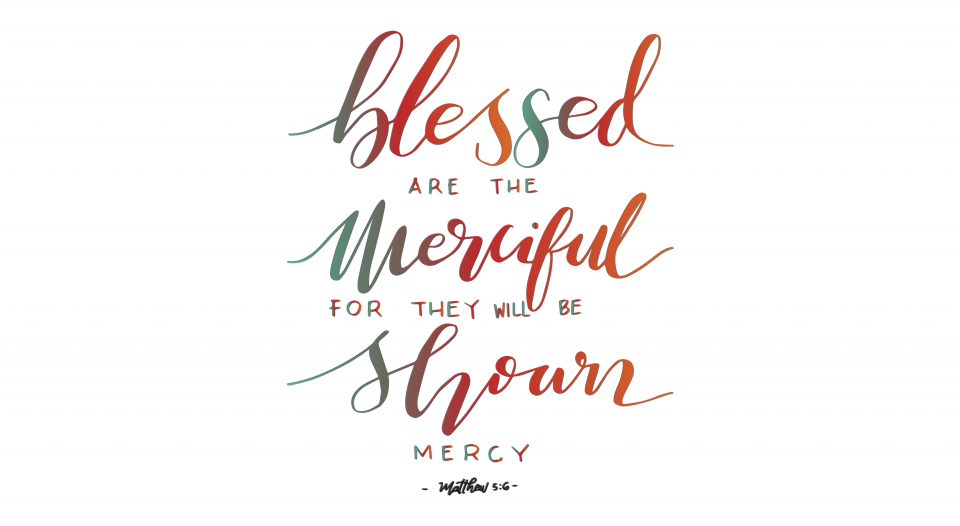Lectionary blog for Nov. 1, 2020
All Saints Day
Revelation 7:9-17; Psalm 34:1-10, 22;
1 John 3:1-3; Matthew 5:1-12; Matthew 23:1-12
As we mark All Saints Sunday and think about those who have joined the church triumphant, I wonder, “What is it that makes a saint?”
On the one hand, of course, the only answer that matters is God’s grace. But when we think about saints in the more common usage of the word—a person who is an uncommon blessing to her or his neighbors—who stands out in your memory? They are probably people who care about others more than themselves, right? Someone who made other people feel loved. This is in accordance with Jesus’ words, from both of the Gospel readings for All Saints Sunday and for Ordinary 22.
The Gospel for All Saints is from the opening of the Sermon on the Mount. Jesus recited nine conditions that are causes for happiness in the kingdom of heaven. Many of us memorized these when we were growing up. I think it can still be profoundly disorienting to recall what causes happiness and blessedness, according to Jesus. Happy are the poor in spirit, those who mourn, the meek, those who hunger for righteousness, the merciful, the pure in heart, the peacemakers, those who have been persecuted for their righteousness and, finally, those who are insulted and persecuted because of Jesus.
Jesus lifts up the persecuted, the mourners and the mild. He calls his people to be merciful peacemakers who always pursue righteousness.
This list doesn’t leave room for triumphalism against or over neighbor. Jesus lifts up the persecuted, the mourners and the mild. He calls his people to be merciful peacemakers who always pursue righteousness. There is an assumption that truly following the way of Jesus will lead to mocking and persecution, rather than power or comfort with the status quo. Jesus celebrates those who lean into the sadness and difficulty that lead to righteousness. This reading tells us what Jesus celebrates in his community. But what does Jesus warn against?
This week’s other Gospel reading is a warning against hypocrisy. And just like the beatitudes, there is another list of things—in this case, things that Jesus warns against. He warns against those in positions of power who burden people and don’t help them. He warns of those who flaunt their supposed religiosity publicly, especially when they use the material culture of religion in an attempt to demonstrate piety (Matthew 23:5). Jesus says to beware of those who jockey for position, who love to be honored and demand to be called “great” (rabbi literally translates as “my great one”). He cautions against hierarchy and even terms of respect because the kingdom of heaven demands radical siblinghood. The one who is truly greatest among us is the one who serves. In the Jesus community, the one who exalts himself will be brought low, and the one who humbles herself will be raised up.
I write these reflections months in advance of when they go online. It just occurred to me that by the time you read this, the U.S. election will be a little over a week away. Congratulations! You made it through what is sure to have been a difficult, divisive campaigning season. The following week will be a perfect time, after all is said and done, to practice being the nonpartisan, but highly political, Jesus community. No matter which party wins which offices, we must remember that we are called to be saints and Jesus’ body. Let us be known by our mercy, our peacemaking, our willingness to serve, our hunger for righteousness. And let us reject hypocrisy and grasping for honor. Pointing out the faults of others and feeling self-satisfied feel good. It’s fun to win, after all! But that’s not the way of Jesus.
Whatever happens this week, this month and this year, Jesus’ call remains the same: take up our crosses and follow him. We are called to humble service to the neighbor—all of our neighbors, not just the ones who look, think or pray like us. God’s love makes us saints. And Jesus’ words tell us how to live like saints: by humbly loving and serving our neighbor, rather than ourselves.




